August 25, 2015
The long hours culture may be making us unwell and less productive 0
 We should have worked out by now that long hours and productivity are not the same thing. It’s been a long-standing issue in the UK where people manage to combine some of the longest working hours in Europe with levels of productivity that fall habitually some way behind those of our partners on the mainland. Over the past couple of weeks a couple of reports have been published which not only make the point that the long hours culture and an obsession with work may actually be reducing our productivity and even harming us physically, emotionally and psychologically. The range of ailments associated with the dysfunctional ways we work include stress, stroke, deep vein thrombosis, relationship breakdown, a range of infections and feelings of isolation. The question they posit is whether it’s all worth it, especially if we’re not getting as much done as we’d like to think.
We should have worked out by now that long hours and productivity are not the same thing. It’s been a long-standing issue in the UK where people manage to combine some of the longest working hours in Europe with levels of productivity that fall habitually some way behind those of our partners on the mainland. Over the past couple of weeks a couple of reports have been published which not only make the point that the long hours culture and an obsession with work may actually be reducing our productivity and even harming us physically, emotionally and psychologically. The range of ailments associated with the dysfunctional ways we work include stress, stroke, deep vein thrombosis, relationship breakdown, a range of infections and feelings of isolation. The question they posit is whether it’s all worth it, especially if we’re not getting as much done as we’d like to think.














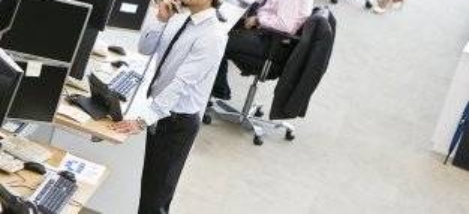

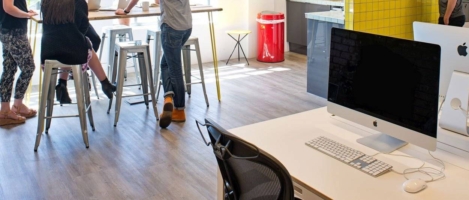
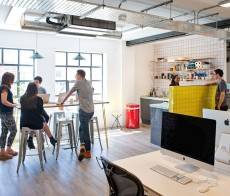



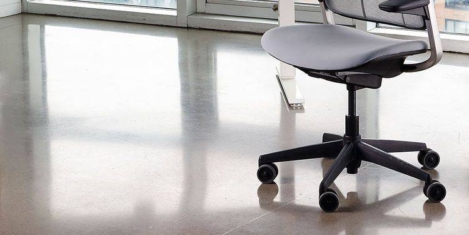
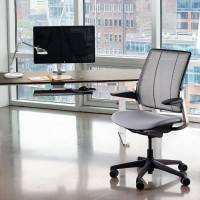








August 17, 2015
What Edward T Hall (and Jerry Seinfeld) can teach us about stress and design
by Mark Eltringham • Comment, Facilities management, Workplace, Workplace design
Work-related stress is the biggest cause of working days lost in the UK. According to the HSE’s most recent statistics, around 11.3 million days were lost to it in 2013/14, the most significant cause of absenteeism. The reasons for this are clear in the minds of many: the demands made on us by employers are increasingly intolerable, our own time is being eroded by work, we spend too much time at work, we’re under excessive pressure to perform and as a result we’re all either knackered, unfulfilled, stressed, depressed or anxious. Or guzzling a noxious cocktail of all of them. But there is another factor that has come into play over the last few years. As workstation sizes have contracted in response to new technologies and new space planning models, people have been forced closer to their colleagues, meaning that not only has their time been eroded, so has their space.
(more…)